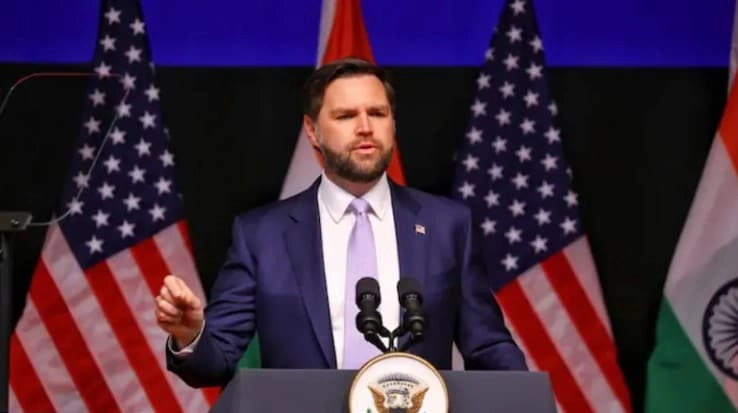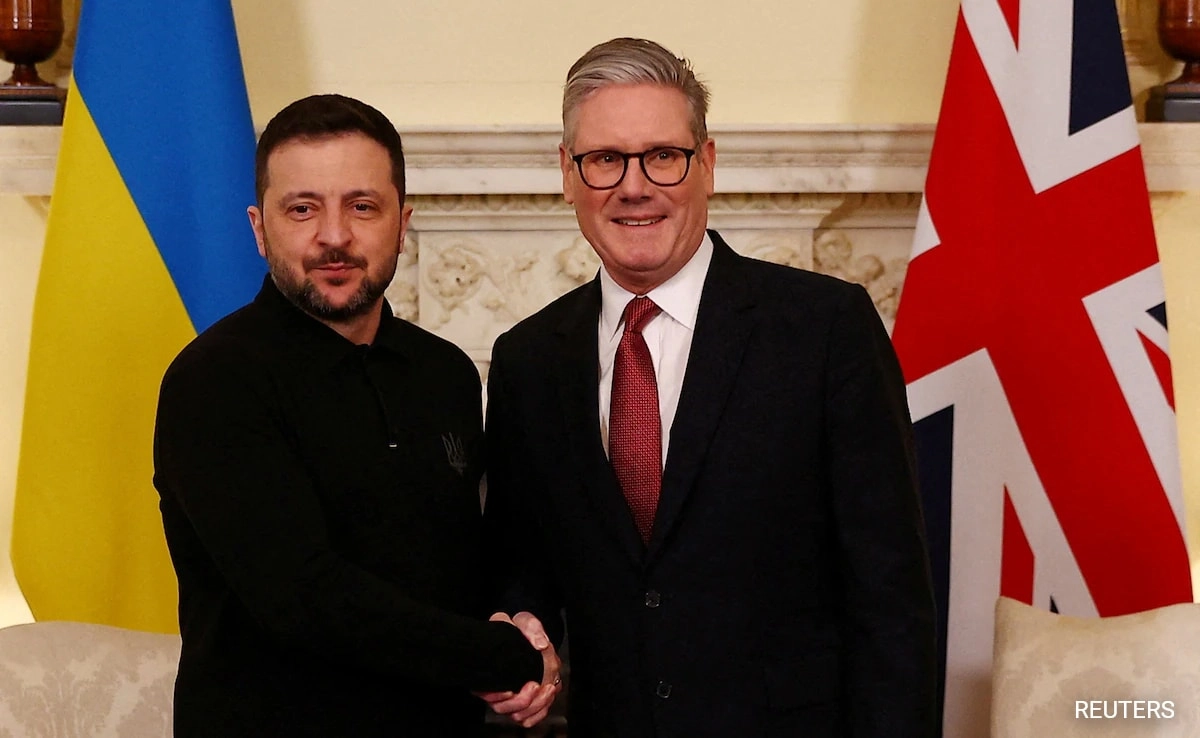In response to the recent developments concerning tariffs imposed by the United States, Indian Prime Minister Narendra Modi has convened a high-level meeting to address the implications of this situation. The backdrop of this gathering stems from the announcement made by former President Donald Trump, who has decided to put discussions regarding trade negotiations on hold. This decision has raised concerns within the Indian government and among various stakeholders about the potential impact on bilateral trade relations. The U.S. tariff hike could have significant repercussions on various sectors, particularly agriculture and manufacturing, which are integral to both economies.
The meeting led by PM Modi is expected to bring together key ministers, trade officials, and economic advisors to evaluate the situation and formulate a strategic response. The objective is to assess how the tariff hikes could affect Indian exports and the overall trade balance between the two nations. With both countries having enjoyed a relatively robust trade relationship, the escalation of tariffs poses a challenge that requires urgent and strategic management. Discussions are likely to focus on identifying alternative markets for Indian goods, as well as potential retaliatory measures that could be considered to safeguard Indian interests.
Further complicating matters, the postponement of talks by the Trump administration has created an atmosphere of uncertainty in trade relations. Stakeholders from various sectors are closely monitoring the developments, as they could influence investment decisions and market dynamics. The Indian government is keen on maintaining a constructive dialogue with the U.S. to prevent a deterioration of economic ties. The outcome of PM Modi’s meeting could shape the future trajectory of U.S.-India trade relations and set the tone for how both nations navigate the complexities of global trade amid rising protectionist sentiments. As the situation unfolds, businesses and policymakers alike are looking for clarity on the next steps and the potential for resuming constructive negotiations.




